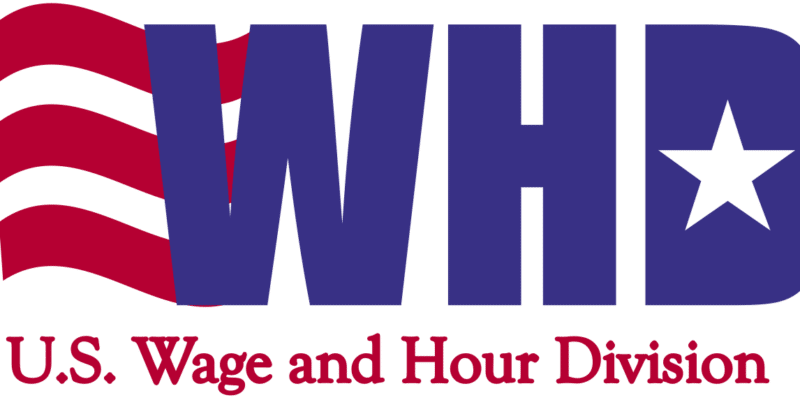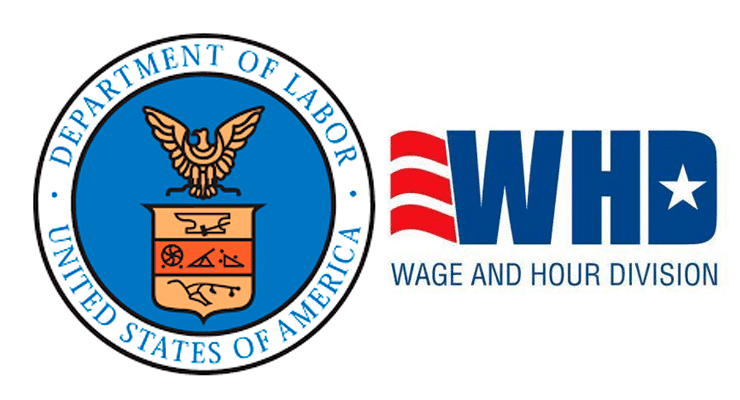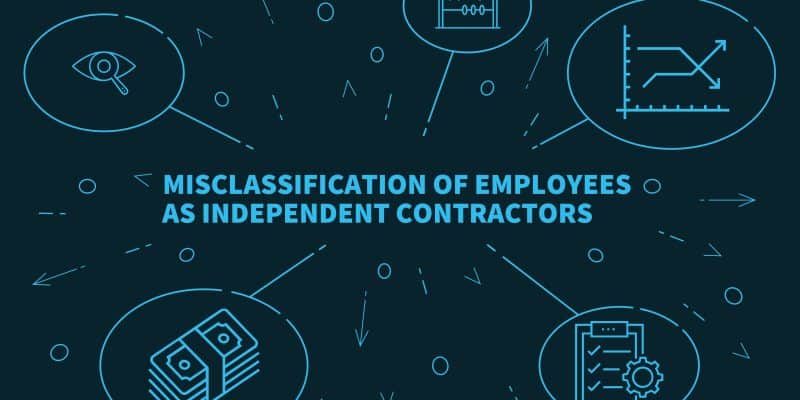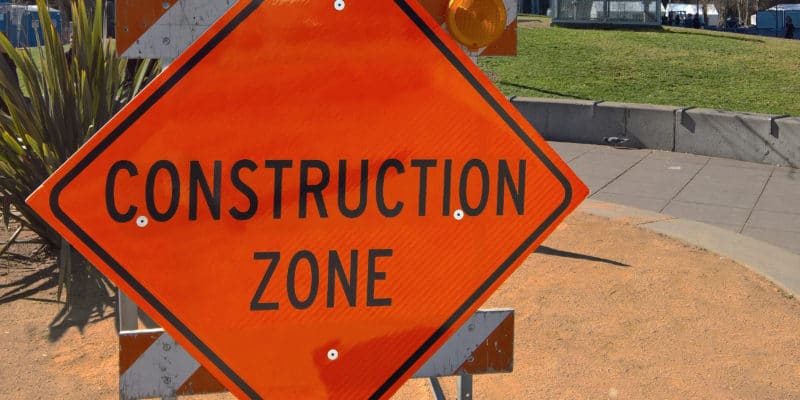Kelsey Misbrener
October 30, 2023
The solar workforce is changing because of IRA apprenticeship and prevailing wage requirements that went into effect in January. Contractors that haven’t yet made a long-term recruitment plan have a few options available to help them do so.
To collect the full 30% ITC for projects 1 MWAC and larger, contractors with four or more workers on a jobsite must employ apprentices for a certain percentage of labor-hours and pay prevailing wages to all workers. For projects starting in 2023, registered apprentices must make up 12.5% of the on-site labor during the construction phase. That number increases to 15% for projects that start construction in 2024 and after.
Since this is a new initiative for the clean energy industry, the Dept. of Labor (DOL) is working with a few partners to coach and acclimate contractors to the country’s well-established apprenticeship system.
The Interstate Renewable Energy Council (IREC) was contracted by the DOL to lead the Apprenticeships in Clean Energy (ACE) Network, a national coalition of industry, education and workforce development leaders working to create, expand and diversify Registered Apprenticeship opportunities in the clean energy industry.
“The intermediaries can help understand what that process of registering a program is, what the requirements are, navigate that process, and also navigate where additional funding may be available to support programs,” said Richard Lawrence, program director at IREC.
IREC is specifically tasked with recruiting more veterans into the clean energy industry. Veterans in Registered Apprenticeship programs can access a monthly housing allowance benefit through the GI Bill, making apprenticeships appealing for this population. IREC is also working to bring other diverse workers into the industry who may not have access to green employment without an apprenticeship program.
“Being an ‘earn-while-you-learn’ model, as they say, is a great way to attract diverse candidates. You remove a lot of the barriers that are associated with similar pathways, like getting a college degree, where you’re having to often pay for those courses up-front,” Lawrence said.








